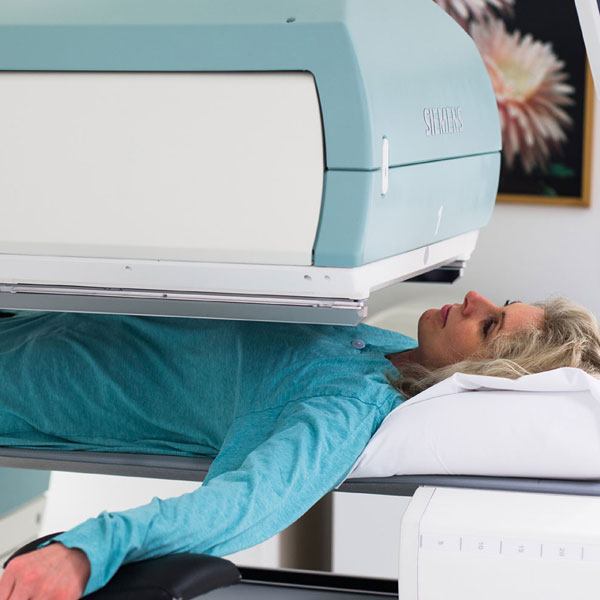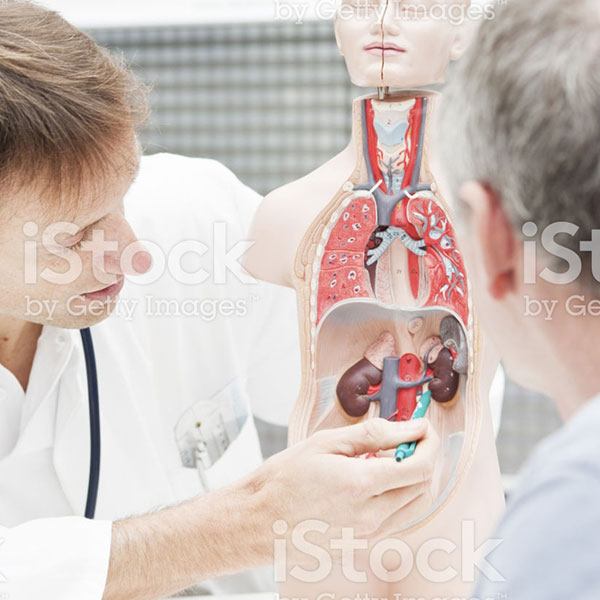
Groundbreaking Treatment Methods Prostate issues and cancer are more common in the 21st century than ever before
Urology refers to the examination and treatment of diseases of the urinary system. Finnish urologists draw from the best modern treatment alternatives. Treatment methods are decided case by case. Due to the prevalence of prostate cancer, a high number of such surgeries have been performed, which is why our urologists have become forerunners in robot-assisted surgery.
Finnish urologists specialise mostly in surgical techniques for the treatment of the urological diseases. Many are forerunners in robot-assisted surgery methods.
Diagnostics
Problems with the urinary system are common and are mostly caused by infections.
These infections can produce pain, darker coloured urine, the feeling of needing to urinate frequently and in some cases, fevers, chills and abdominal pain.
Other causes of urinary problems can include prostate disease, certain cancers, ectopic pregnancies and a variety of other factors.
If you are experiencing any of the symptoms listed above, or notice any other changes to your urine, including unusual discharges, bleeding, swelling or discomfort, you should consider visiting a doctor right away.





Available Treatments
Global healthcare statistics reveal that the range of oncological diseases is expanding, demanding new and improved treatments, and it is our endeavour to provide our patients with the most advanced and radical methods of treatment.
Typical Treatment Methods for Urological Diseases
Most of the urological operations are conducted using minimally invasive surgical procedures performed through the abdomen or the urinary tract.
Statistically, surgical treatment of prostate adenoma in Finland is most often performed by TURP (transurethal resection of prostate adenoma) or by PVP laser (laser vaporisation of the prostate).
Robotic-assisted surgery is used most of the times, in Helsinki the share of such operations is over 90%.
Open surgical operations can be performed when removing large kidney tumours or operating on invasive bladder cancer.
Bladder stones are removed by both endoscopic and open surgery as well as extracorporeal shock wave therapy (lithotripsy).
A significant role in the treatment of urological diseases is played by effective drug therapy, including modern targeted drugs.
Other operative procedures performed at national and international hospitals in Finland include:

